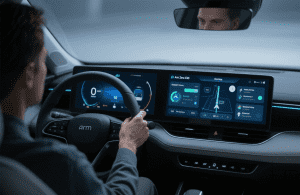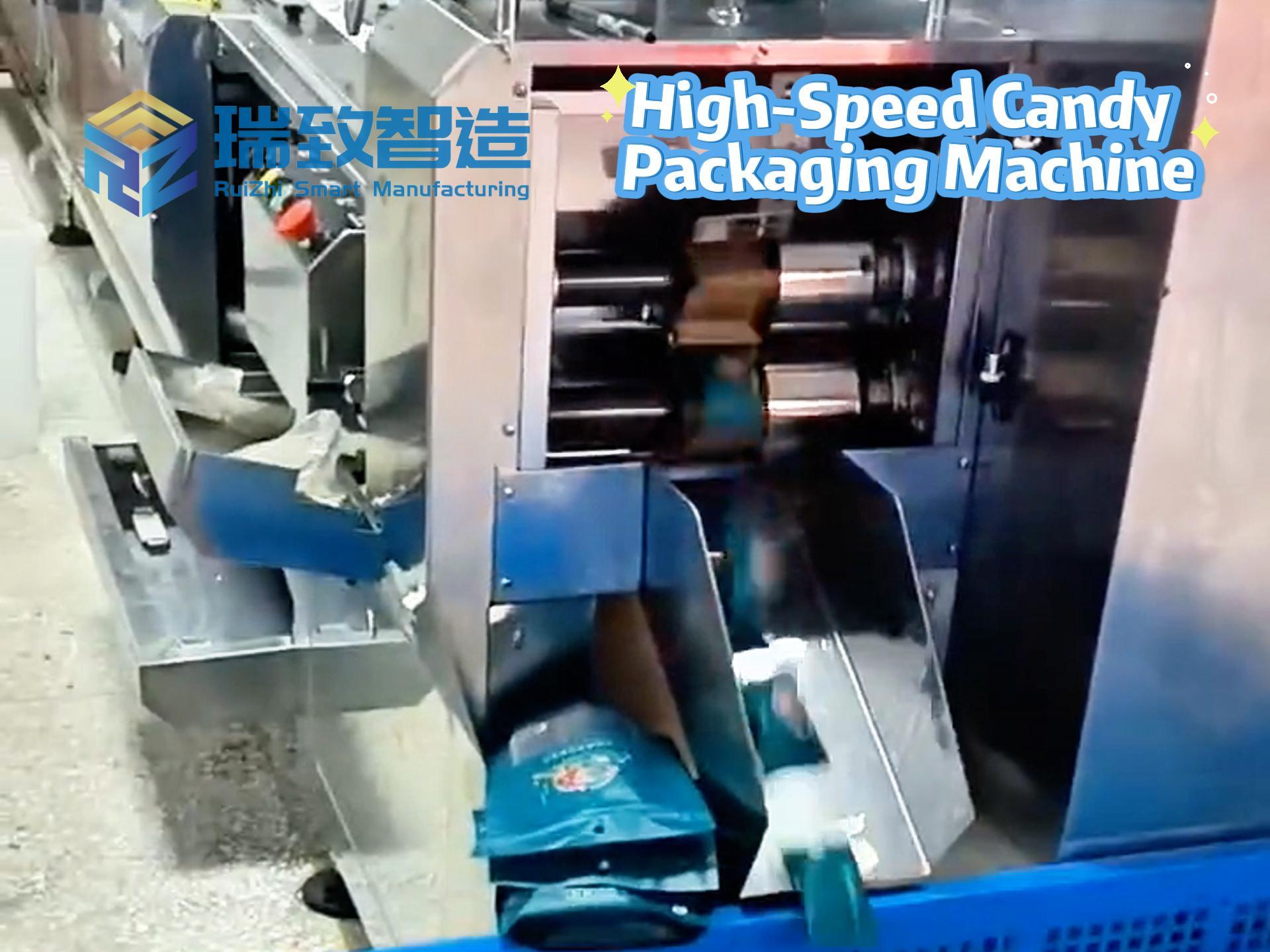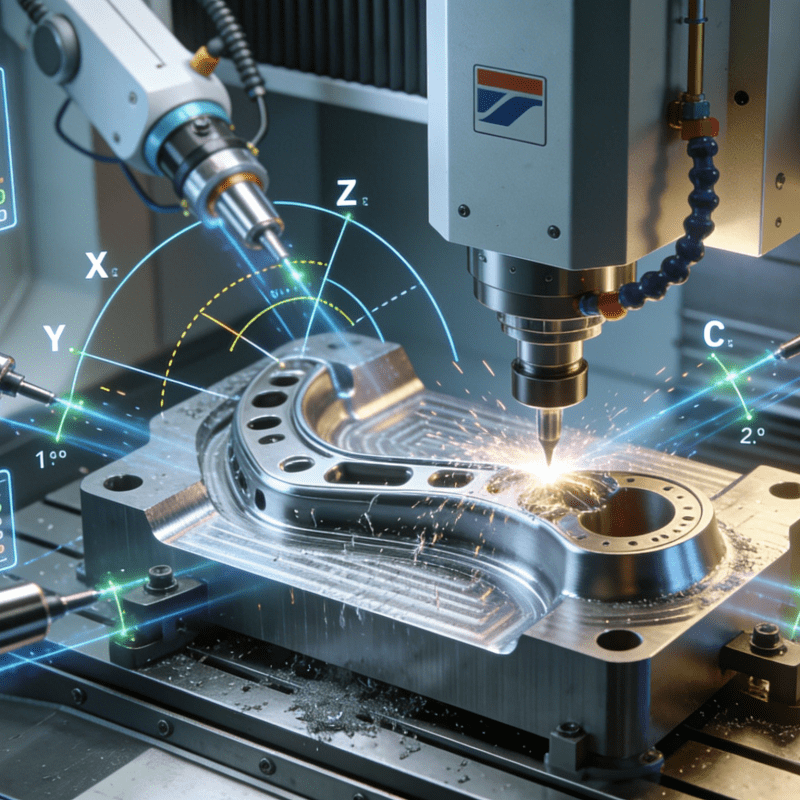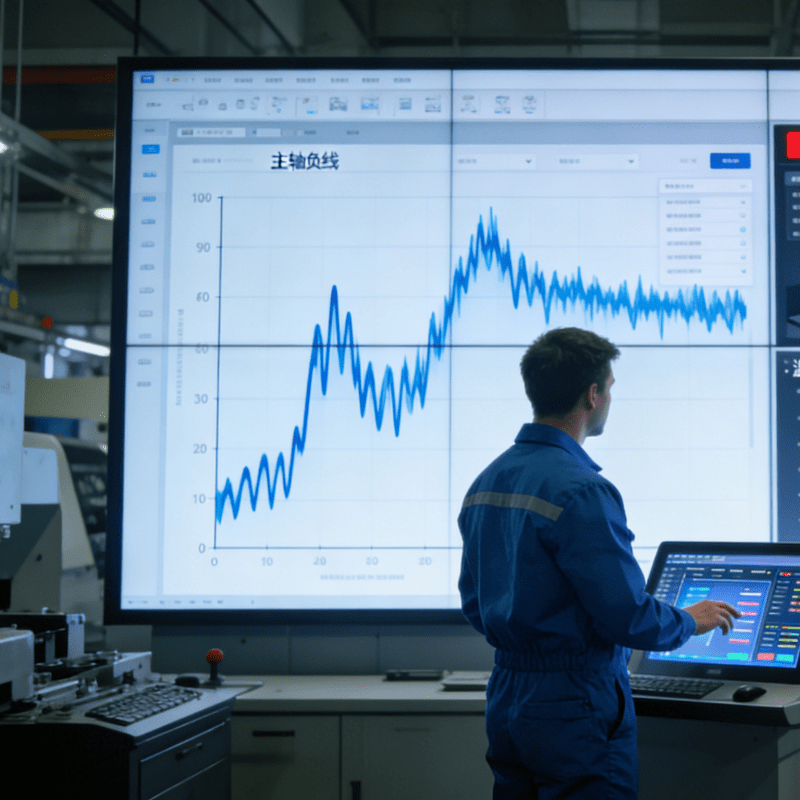Arm’s Zena CSS Propels Automakers to Accelerate AI-Defined Vehicles via Intelligent Automation

In an industry where industrial automation and automation equipment have long optimized production lines, Arm is now revolutionizing the development of AI-defined vehicles with its Zena Compute Subsystems (CSS). By fusing intelligent automation with pre-integrated, safety-validated compute platforms, Arm enables automakers to slash new vehicle development cycles by at least one year—a breakthrough that aligns with the speed and precision demanded by modern automotive innovation.
“Traditional silicon and software development bottlenecks have slowed the industry’s ability to deliver AI-powered features that drivers crave,” says Dipti Vachani, SVP and GM of Automotive at Arm. “Zena CSS changes the game by acting as an intelligent automation backbone—standardizing compute architectures so OEMs can focus on differentiation, not reinvention. This is how industrial automation principles meet the AI era: through scalable, pre-verified platforms that accelerate both hardware and software lifecycles.”
Zena CSS: A Pre-Integrated Platform for Accelerated Innovation
Built on Armv9 Automotive Enhanced technology, Zena CSS serves as a plug-and-play foundation for ADAS, IVI, and vehicle control systems. Key innovations include:
- 16 Cortex-A720AE coresoptimized for AI workloads in ADAS and immersive in-cabin experiences, mirroring how automation equipment enhances precision in manufacturing.
- A Cortex-R82AE Safety Islandfor real-time ASIL D processing, ensuring fault management and system control—critical for safety-critical applications in industrial automation-adjacent contexts.
- Runtime Security Enginewith TrustZone technology, securing the hardware root of trust to protect against cyber threats in connected vehicles.
- CMN S3AE coherency and chip-to-chip connectivity, enabling seamless data flow across heterogeneous compute resources, much like integrated automation equipmentsystems in factories.
By eliminating redundant hardware and software development, Zena CSS reduces engineering effort by 20% and accelerates silicon development by 12 months. For automakers, this means launching models faster with features like AI-driven voice assistants, predictive maintenance, and advanced driver monitoring—all while leveraging a standardized platform that scales across vehicle lines.
Enabling a Software-First Ecosystem with Intelligent Automation
Zena CSS isn’t just the future of hardware; it’s a catalyst for intelligent automation in software development. Cloud-based virtual platforms from AWS, Cadence, and Siemens allow developers to begin coding before physical silicon exists, cutting software lead times by up to two years. This aligns with the agility of modern industrial automation ecosystems, where digital twins and pre-validation streamline production.
With over 20 million developers in its ecosystem and support for open standards like AUTOSAR and SOAFEE, Arm ensures that Zena CSS fosters collaboration 而非 fragmentation. Partners like Mercedes-Benz, BMW, and Panasonic Automotive highlight the platform’s role in enabling software-defined vehicles (SDVs) by reducing complexity and accelerating time-to-innovation. As Magnus Östberg of Mercedes-Benz notes, “Standardized platforms like Zena CSS are pivotal for streamlining SDV development, allowing us to focus on delivering safe, intelligent experiences.”
Conclusion: Redefining Speed and Scalability in Automotive Innovation
I en era där intelligent automation is the cornerstone of competitive advantage, Arm’s Zena CSS proves that automotive innovation no longer requires starting from scratch. By embedding industrial automation principles—standardization, pre-validation, and scalability—into compute platforms, Arm empowers automakers to deliver AI-defined vehicles faster, smarter, and with fewer resources.
For the industry, the message is clear: The future of automotive lies in platforms that combine the reliability of automation equipment with the adaptability of AI. Zena CSS doesn’t just accelerate production; it reimagines what’s possible when intelligent systems work in tandem with human ingenuity. As Keiichi Aida of Astemo concludes, “With Zena CSS, we’re not just building vehicles—we’re building a connected, software-centric future where innovation outpaces even the fastest production lines.”




















